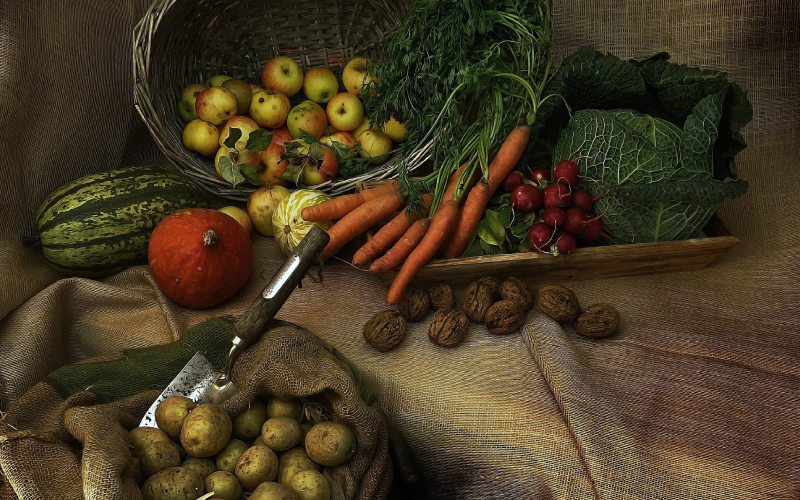The EU Green Deal sets a target for 25 per cent of agricultural land to be organic by 2030. Meeting this ambitious goal demands continuous research and innovation in sustainable food production. The CORE Organic Cofund is helping to drive this transition by increasing cooperation between international research activities.
Delivering on the EU’s ambitions for sustainable food production and healthier diets requires more than simply turning over land to organic farming. Developing more sustainable organic food systems means improving farming practices and food processing systems, and creating innovative value chains.
However, publicly funded research into organic food systems in Europe is often driven by small research communities, fragmented both geographically and institutionally. To increase the impact of this research, a joint effort is needed. For over a decade, CORE Organic partners have been working to address the most important challenges along the organic value chains through European Research Area Networks.
The CORE Organic Cofund (Coordination of European Transnational Research in Organic Food and Farming Systems Cofund) project network now totals 26 partners from 19 countries. By increasing innovation potential, knowledge accessibility, alignment of national research and international outreach, the partners aim to support the growing demand for organic products, support the development of organic farming regulations, and subsequently boost healthier diets, trade and job creation. Supported projects are also driving increased competitiveness of European agriculture in local and global markets.
Coordinated by Aarhus University in Denmark, the consortium issued a joint call for innovations that could support a sustainable food systems approach and growth of the organic sector in Europe, and overall an increased understanding of the specificities of ecological farming approaches. Twelve projects were awarded a total of EUR 15 million. These include, for example, SureVeg, which explores strip-cropping and recycling of waste as the basis for biodiverse and resource-efficient intensive vegetable production, FreeBirds, a project to improve chicken health and environmental problems in free-range production, and ProOrg, which seeks to develop a Code of Practice for organic food processing.
The article Nurturing the growth and development of the organic sector was originally published by CORDIS | European Commission.
Feature image by Michi-Nordlicht from Pixabay.


